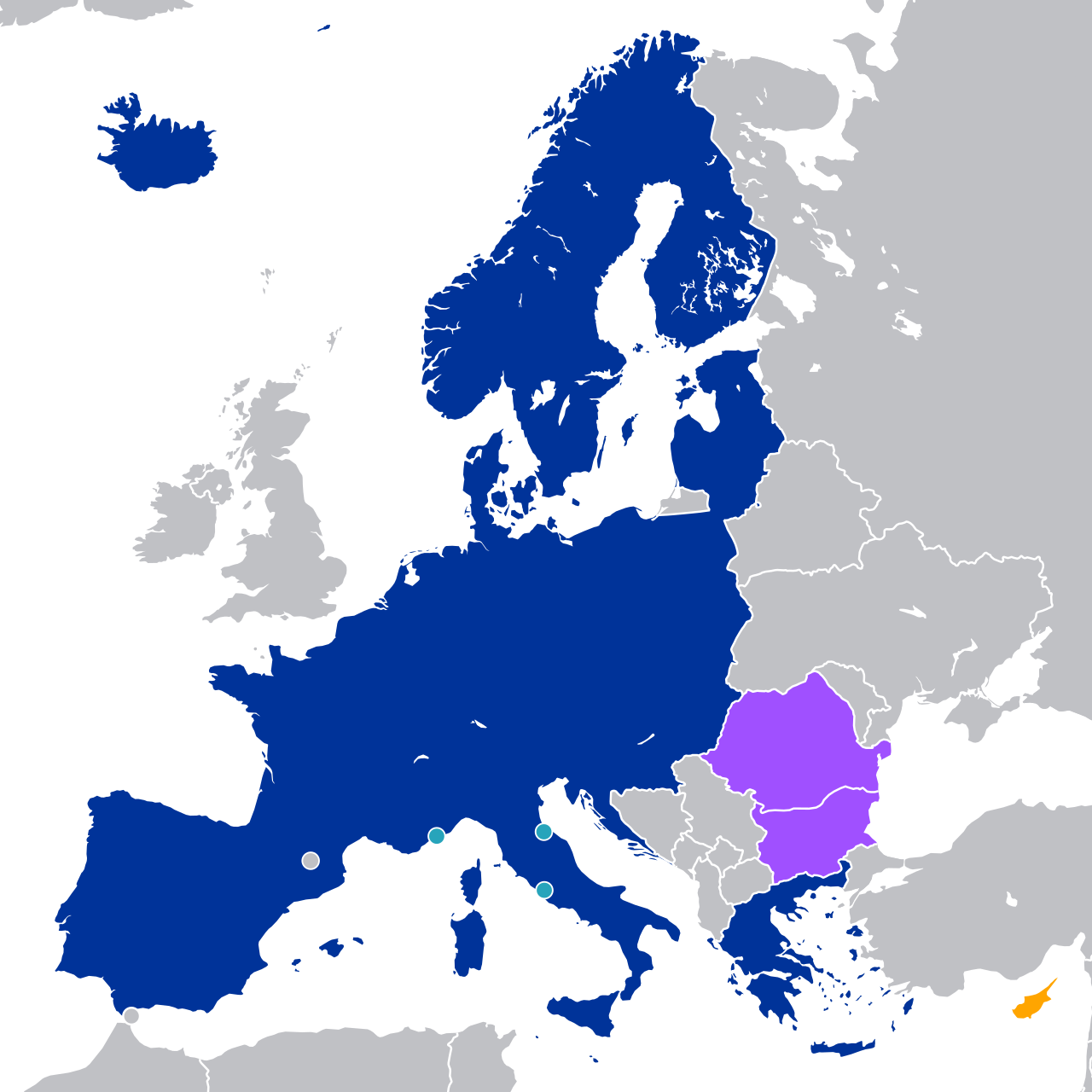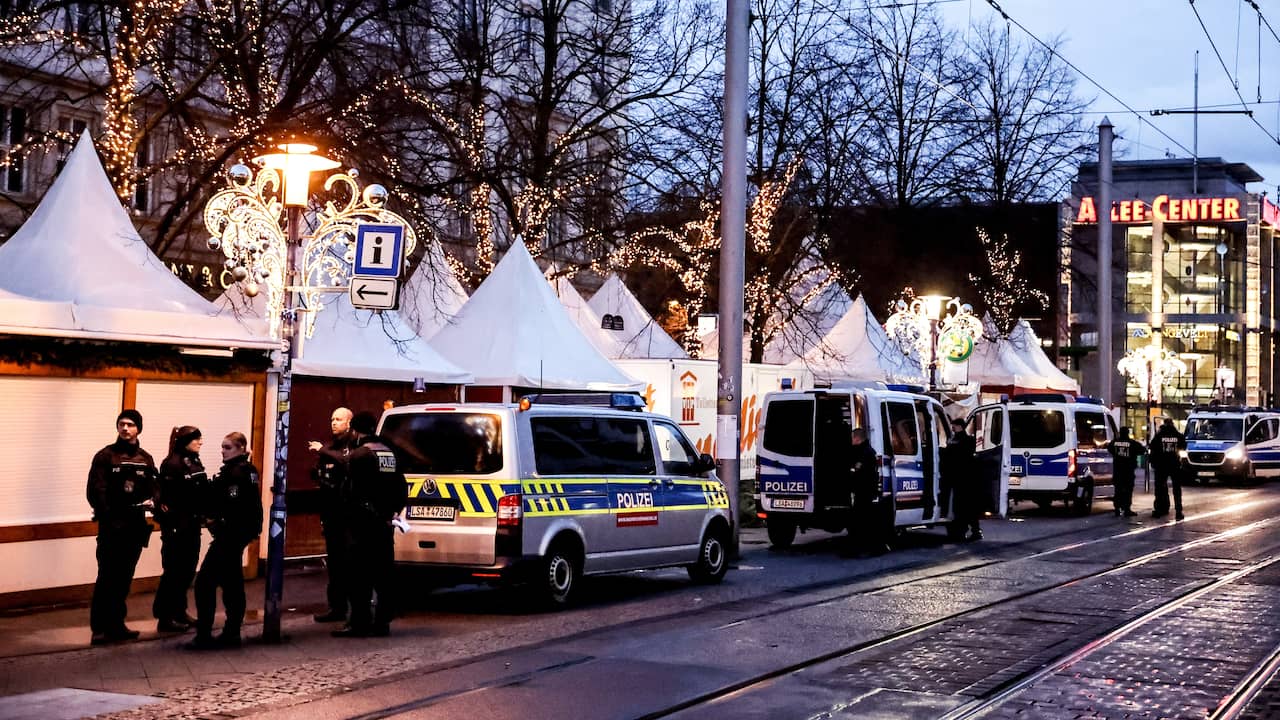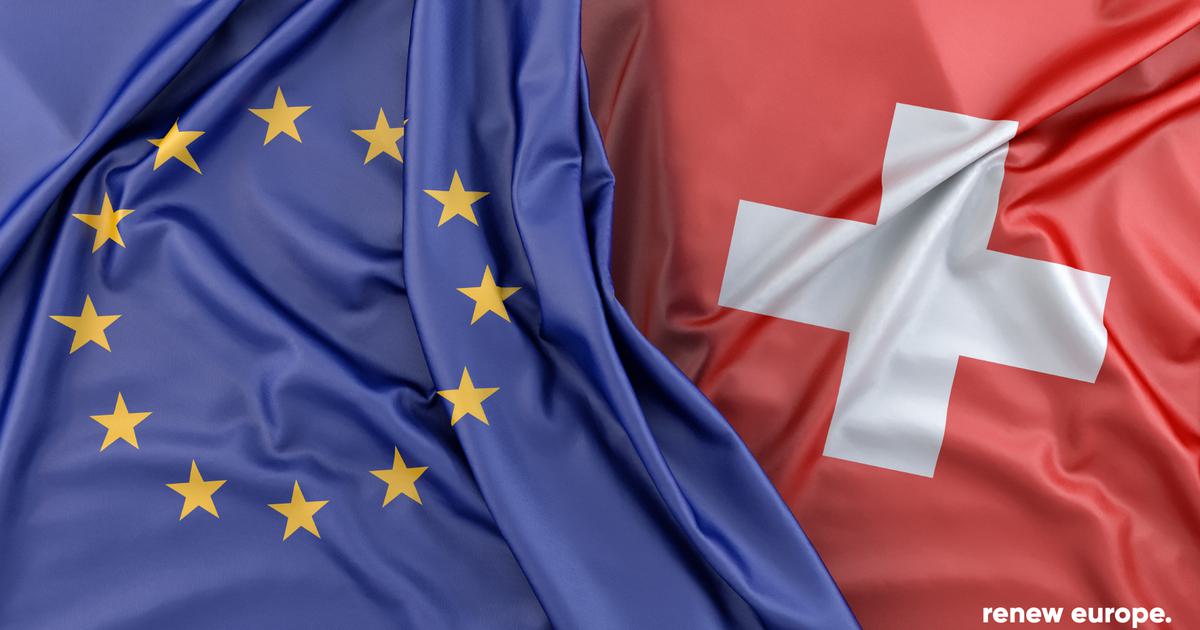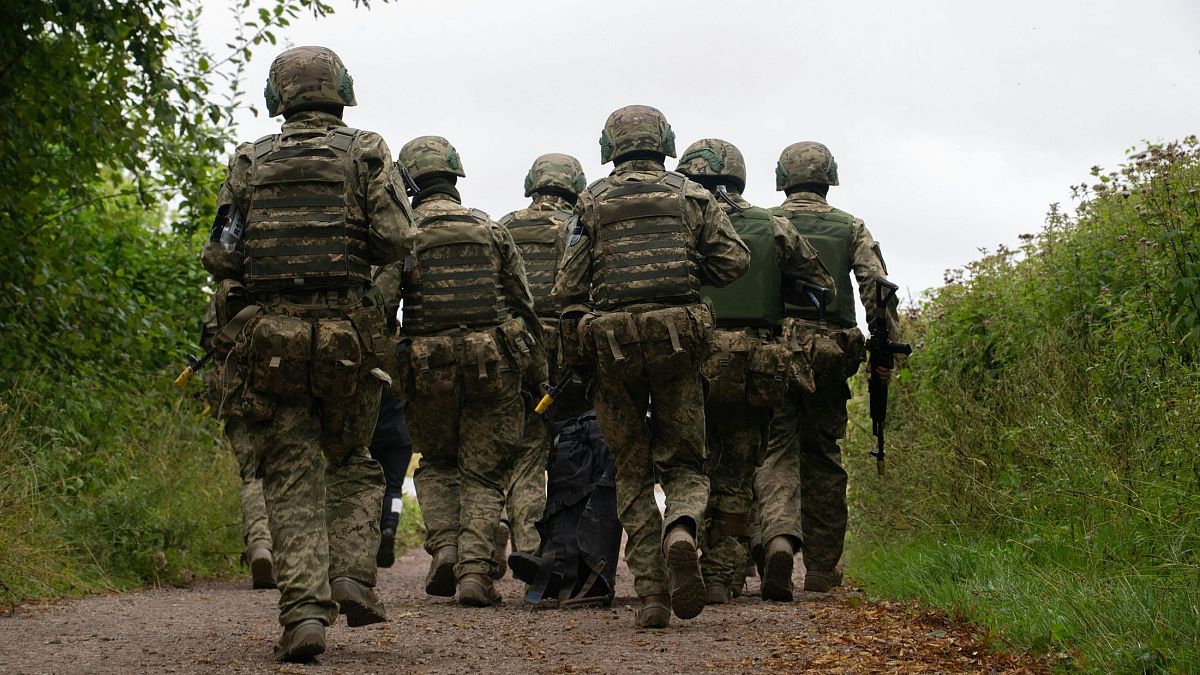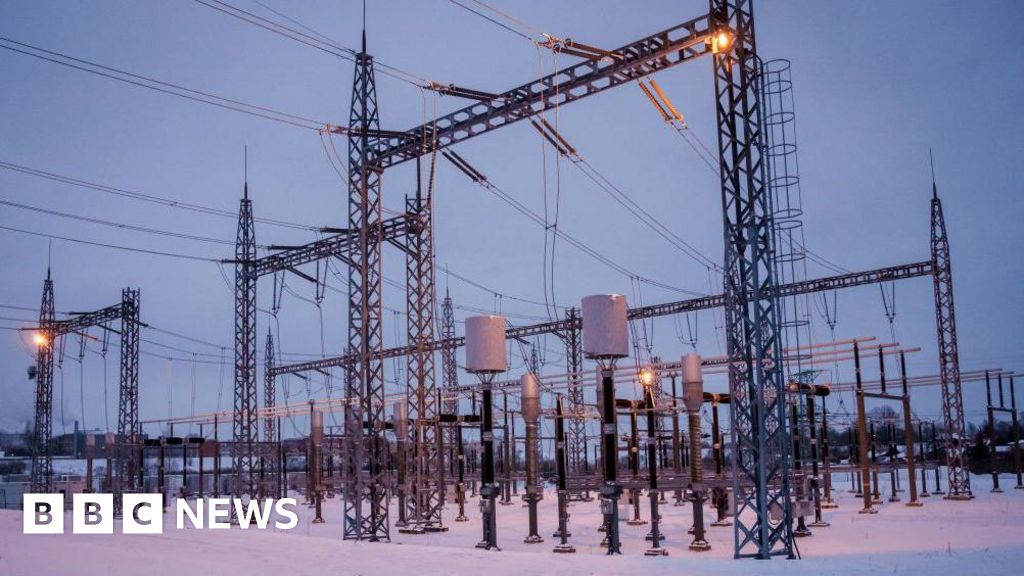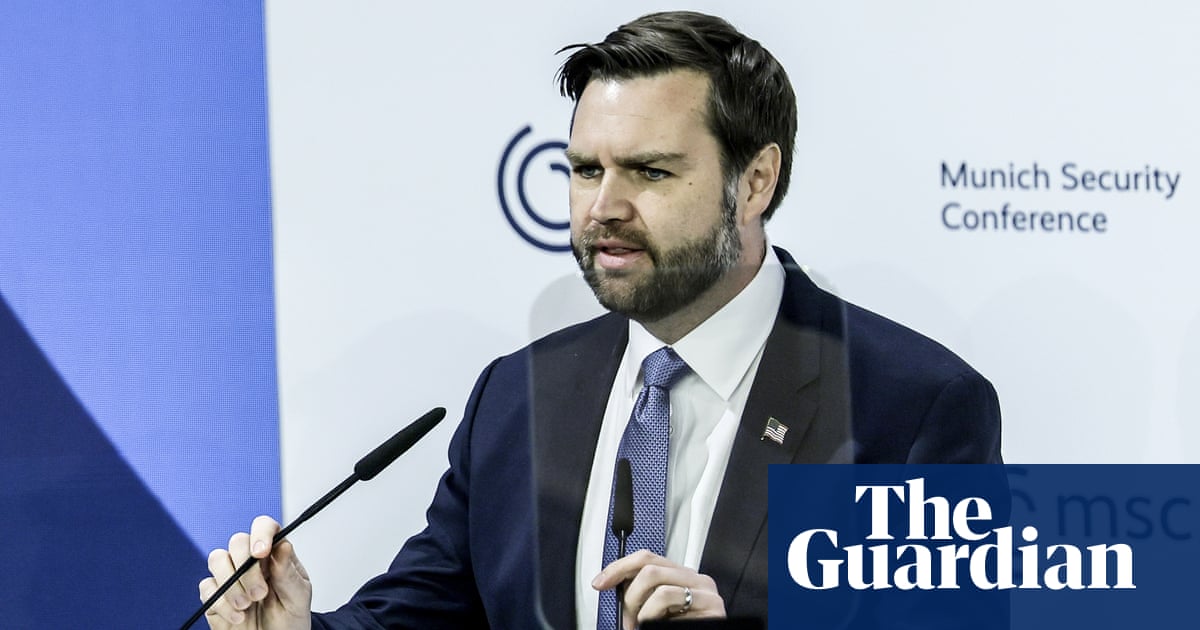The article is not accessible to me but the question is a good one.The Economist said:Can Europe defend itself without America?
By defending itself, it depends against whom. In the current circumstance, everybody is thinking about Russia.
But which Russia? If it's Russia in the current state, then yes. not as easily as we would like, but Putin would not enjoy any victory, not even an initial one as he did in 2022.
Now, if Russia stops the war in Ukraine, and double down on mass production of weapons, then in 5 years they could pose a very serious challenge to an Europe without the US. Yet, that's a lots of if and would.
Now the oposite scenario: Russia became a friendly nation again, and the treath of war with this country is no more. But other treaths arise. These other treaths are unlikely to be as big as Russia.
Another way to sum it up would be: Europe without the US could not defend itself against Russia + China.
Because, as we see with Ukraine, China plays a huge role on the balance of power.
____________________
There is a big difference between what Europe can afford collectively and what each country can do to help Ukraine and boost defence forces.I said:The reason is that France is financialy close to bankrupcy.
personaldesas said:I think this overstates the situation somewhat. Most rating agencies still give France a AA credit rating.KipPotapych said:@Fredled, in regard to your “stupidity” comment:
Currently, military aid to Ukraine is less than 0.8% of GDP. This is an average number: Some EU countries spend less, others spend more, much more. Yet, it was calculated that if every EU member + Uk and Norway would spend 1% of GDP on military aid for Ukraine, we would have more than enough to provide Ukraine everything that they need (wxcept soldiers).
See post by @personaldesas above.
Europe, collectively could spend more on Ukraine (or on something else) if they would like to whereas for many countries idividually, that would be difficult and in the case of France, nearly impossible.
This magic comes from the ability of the EU to draw funds, i.e. printing money and allocate this money to a specific purpose. They did it during the Covid. They can do it one more time. It will cause inflation, but the amounts needed for Ukraine are not that big that they would create rapid inflation. Remember, it's only about a fraction of 1% GDP more than what we spend already.
France is not able to increase spending on Ukraine military aid, as it's not able to increase spending anywhere. For those who don't know hat happens in France right now: The deficit is much worse than previousely announced. The government missed their projections by several dozen of billions, roughly by 1.5% of GDP.
To make things worse, they are in the midst of a political crisis for this reason and for other reasons.
Some will argue that France is not worse off than Italy and Spain, looking only at current numbers. The problem is that the financial situation of Spain and Italy is improving while the situation of France is worsening rapidly.
If France doesn't reverse course, they will be downgraded and could be in the same scenario as Greece was in 2012. The situation is not as bad as for Greece circa 2012, but should it worsen, it will be close to that.
I don't know as much about the UK economy, but their GDP showed negative or zero growth since the Brexit. The Brexit plays a big part in this issue, but it's not the only reason. The point is that they have also problems with deficit and debt.
UK could increase aid to Ukraine slightly, but we shouldn't expect miracles.
________________________
Yes it is. History shows that since WW2, there has been only one war in Europe: The Balkan War after the collapse of the Soviet Union and Yougoslavia. And it was a very small war, between very small countries.rsemmes said:Your certainty doesn't seem to be based on History.
No, it's not my argument. I wrote in the origignal post that it didn't mean that other forms of violence are good[sic], in the sens that they are also violent and also unacceptable.rsemmes said:Let's imagine for a moment that Putin started an air war (LBJ/Vietnam) instead of an invasion. One year of missiles and bombs (like now) and a 20km no man's land from the Russian border through artillery. Your argument is that you would be happy (sorry, not that outraged) with that because there was no invasion (or being "really invaded", I am still waiting for you to explain the difference.)
For example, bombing Serbia was, in my opinion, not acceptable despite the crimes committed by the Milosevic regime. That was the only violent actoon taken by European countries and the US in Europe (besides Serbia and Kosovo fighting each other).
Yet, there are graduations in the scale of acceptability. Some things are worse than others. Invasion is worse than aerial bombing. Thought it also depends how it's done. Aerial bombing can be worse than an invasion on a humanitarian basis in some cases or better in otehr cases, but in any case, it's worse legaly.
In the current case: Putin is doing both, both in the worse way.
I hope that this helped you clarify my position.
@personaldesas
Sorry for the others if this os off topic od borring. We are not going to talk about that indefinitely.

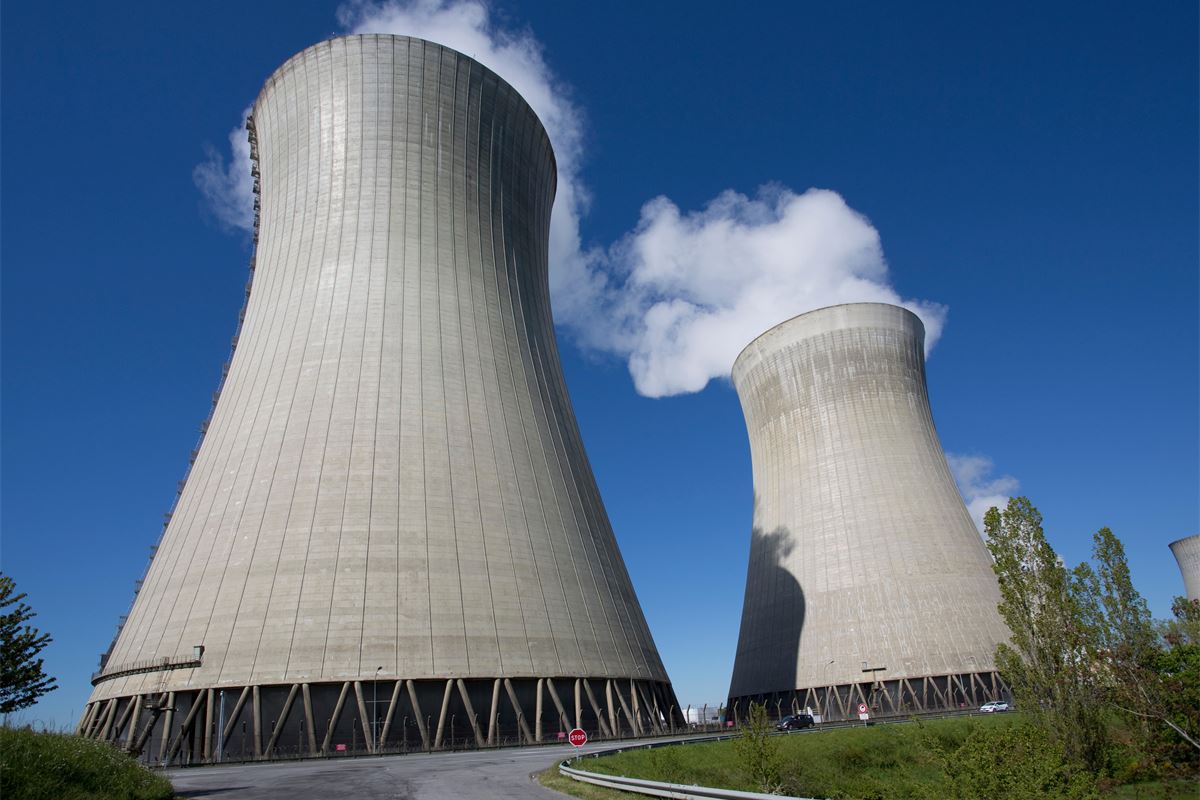
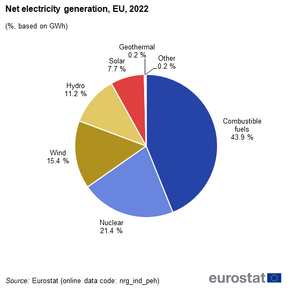
_22339.jpg)

